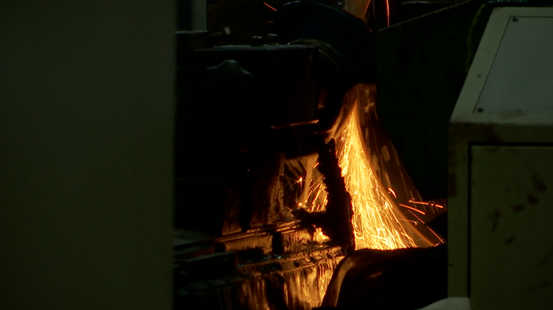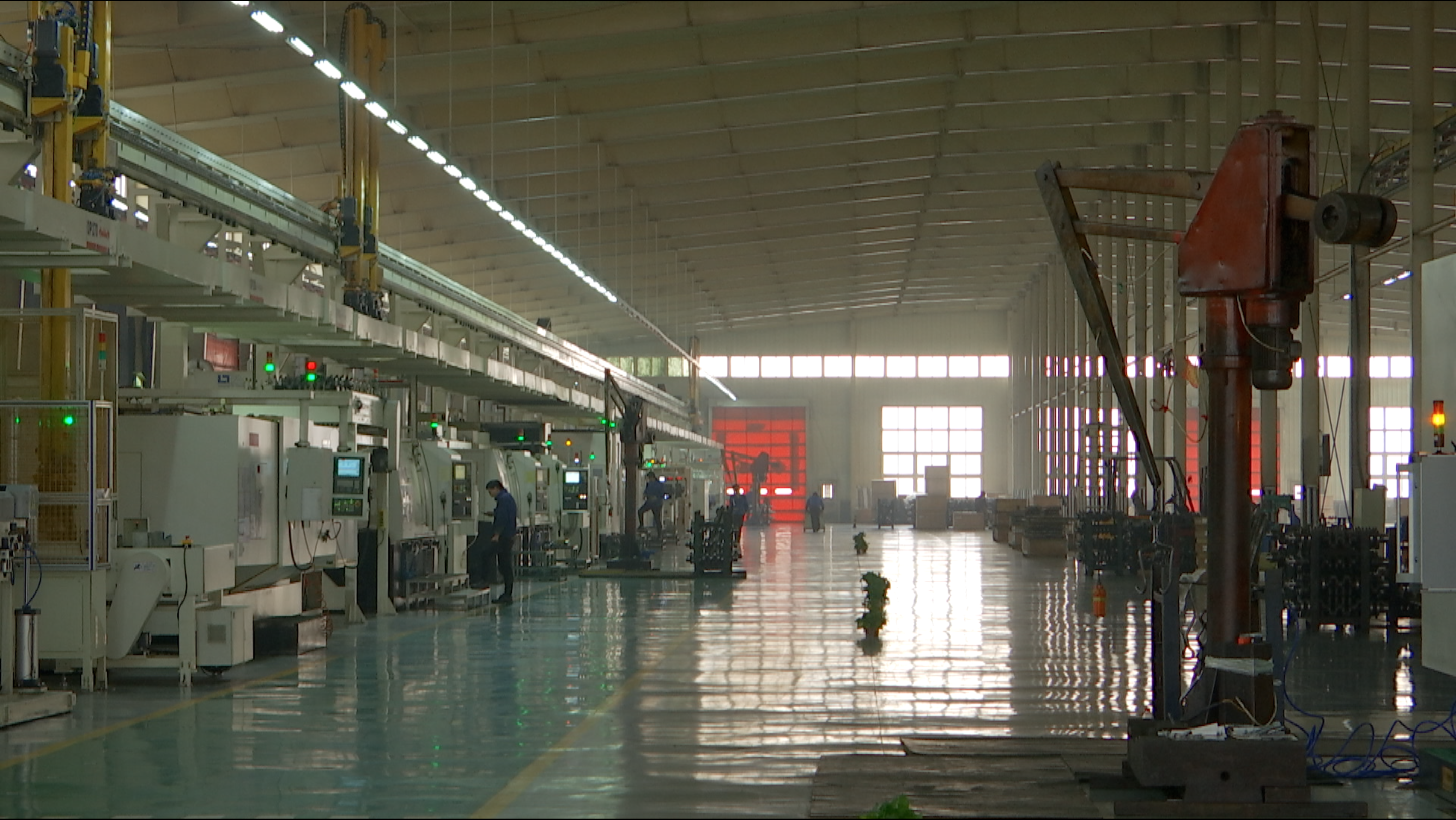02:27

In the early decades of the People's Republic of China, the northeast was the center of Chinese industry and a forerunner of innovation. However, the region has seen a decline in labor willing to work in factories in recent years.
"Every year we have hundreds of thousands of new graduates in the northeast, waiting for job opportunities to be bankers or civil servants. At the same time, factories with hiring needs are having difficulties attracting new laborers," said Yang Bin, a deputy to the National People's Congress from Liaoning, also general manager of the Liaoning 518 Internal Combustion Engine Fitting Company.
Yang attributed one of the reasons behind the employment challenge to increasingly undervalued recognition of blue-collar jobs.
"Industry is the basis of a strong nation, yet many college graduates are not willing to find employment in such fields. They think factory jobs are low-quality. The jobs aren't decent and don't match their skills," said Yang with a bitter smile.

Workers operate on a fully automated production line of internal engine parts in Dandong, northeast China's Liaoning Province. /CGTN
Workers operate on a fully automated production line of internal engine parts in Dandong, northeast China's Liaoning Province. /CGTN
"Whereas in countries such as Japan and Germany, workers, engineers and technicians are well respected and paid no less than doctors and lawyers," Yang added.
A recent study shows the number of permanent residents in northeast China declined by over 420,000 in 2019. Among them, a large number of young talents and new graduates left their hometowns to pursue what they consider decent jobs and higher salaries elsewhere.
"Jobs with high wages and benefits may require equally high skills and competence. But not everyone is qualified for these tasks. Schools are obligated to help students know their limits while seeking occupations before graduation," said Yang.
While Yang has made a motion aiming to raise the social status of factory workers, he also suggested strengthening practical skills training, so students with an interest to work in the industry can be better prepared for their careers.
"Some jobs may require more nuanced skills, but if the courses one takes are all over the place, instead of focusing on certain skill sets, students may find it difficult to handle such work," said the deputy.
He also hoped that colleges can not only cover a wide range of subjects, but also offer courses focusing on specific knowledge.
Yang added he hopes his motions can change perspectives on factory work, and hopefully with help of potential measures and incentives, the country's "rust belt" may regain its former glory.

